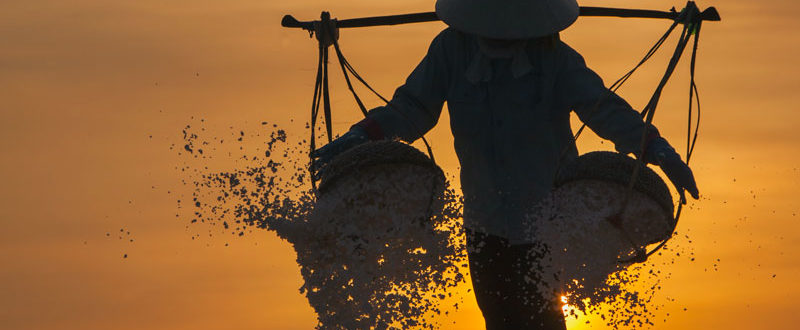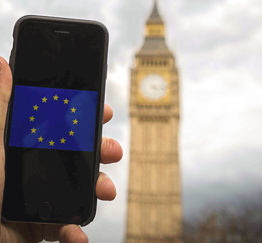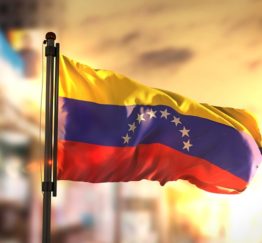In addition to loosened restrictions against Burma, President Obama seeks to improve relations with another of China’s neighbors, as lingering restrictions from Cold War era fall.
Only days after the Treasury Department’s Office of Foreign Assets Control (OFAC) announced significant changes to their sanctions against Burma—which included opening significant license opportunities and timelines, and removing a pair of major financial institutions from their watch lists, as well as easing restrictions on two others—the President has made moves to open up trade with another key Southeast Asian ally: Vietnam.
President Obama has clearly made loosening sanctions a major part of the remainder of his term in office. In the wake of relaxing restrictions against a number of foreign nations—including those against Cuba and Iran—the President recently announced the lifting of the comprehensive arms embargo against Vietnam, putting an end to the last of the long-standing restrictions against trade with the Southeast Asian nation, closing the final chapter of the Vietnam War, and eliminating another remnant of the Cold War.
Over the last 20 years, the U.S. has worked to improve its relationship with its former adversary, and has slowly, but steadily, been reducing the trade restrictions they’ve long enforced. In more recent years, they’ve spent more than $40 million dollars in efforts to help strengthen Vietnam’s defensive capabilities, as they now see the former battleground as a key piece in maintaining stability in the region. With security concerns around China and North Korea growing, the need to strengthen relationships within Southeast Asia has never been greater.
What’s new?
Vietnam isn’t truly open for business without restriction—licenses are still required for a number of goods, and there are still limitations on certain exports and re-exports. Instead of a blanket response of “no,” the State Department’s Directorate of Defense Trade Controls (DDTC) will now review every license application on a case-by-case basis, and there are still certain categories of the CCL that require additional licenses, including many those in the 600 series and those that fall under ECCN 0A919: “Military commodities” located and produced outside the United States.
Though there are still a number of controls and restrictions around doing business in Vietnam and with Vietnamese entities, no longer having a comprehensive arms embargo in place opens up potential trade possibilities. Trade between the U.S. and Vietnam has been steadily increasing—up to almost $46 billion in bilateral trade in 2015—and, with military and defense contractors now able to join the market, those numbers are sure to grow in the coming years.
Regional stability still remains an important factor, as Vietnam shares a border with China, which they have clashed over on a number of occasions. Military equipment sales to the region will now be considered, with an eye towards improving Vietnam’s defensive capabilities, with the understanding that significant enhancements of their offensive weaponry would raise the ire of their powerful neighbor.
It remains to be seen just how significant an impact loosening restrictions on trade with Vietnam will have, but one thing is clear—President Obama is focused on improving relations and opening trade avenues with countries the United States once considered to be hostile or at risk.





